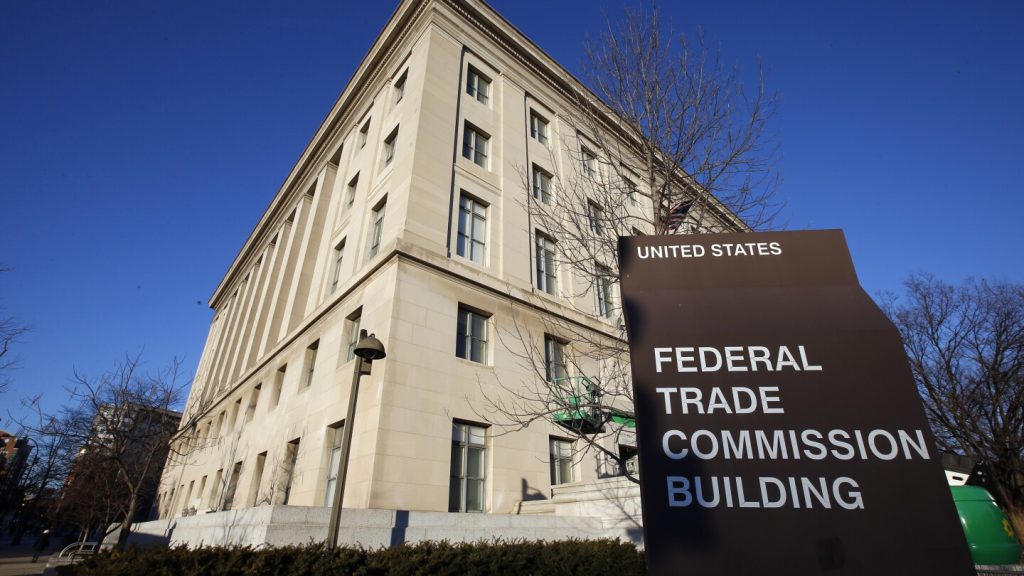The Federal Trade Commission has approved a rule banning noncompete agreements, which restrict employees from taking jobs with competitors. The FTC argues that these agreements harm workers by limiting their ability to switch jobs for higher pay and reducing overall job market churn. The rule, set to take effect in four months, does not apply to workers at non-profits. FTC Chair Lina Khan believes that these agreements keep wages low, suppress new ideas, and hinder the American economy’s dynamism. Business groups have criticized the measure, saying it blocks nearly all noncompetes and may prevent highly paid executives from negotiating better pay in return for accepting a noncompete.
The U.S. Chamber of Commerce has announced that it will file a lawsuit to block the rule, accusing the FTC of overstepping its authority. Some opponents of noncompetes argue that states like California, where noncompete agreements are banned, have thriving tech economies. John Lettieri, CEO of the Economic Innovation Group, believes that California’s ban on noncompetes has been crucial to the success of the tech industry in the state. The White House has also taken steps to protect workers, with the Labor Department issuing a rule to guarantee overtime pay for lower-paid workers. This rule will increase the required minimum salary level for exempt employees from overtime pay effective July 1 and further by January 1, 2025.
The ban on noncompete agreements is seen as a win for lower-income workers who often do not have the ability to negotiate such provisions in their job offers. The rule aims to level the playing field and give workers more freedom to seek better opportunities. However, business groups argue that noncompete agreements are essential for protecting sensitive business information and preventing employees from sharing trade secrets when switching jobs. The FTC’s decision to ban noncompetes is likely to face legal challenges, with some commissioners arguing that the agency is overstepping its authority by approving such a sweeping rule.
The debate over noncompete agreements is likely to continue as businesses and workers navigate the changing landscape of employment practices. The Biden administration’s focus on protecting workers’ rights and boosting wages is expected to drive further changes in labor policies. The outcome of legal challenges to the ban on noncompete agreements will determine the future of these restrictions in the U.S. job market. Overall, the decision to ban noncompete agreements reflects a broader shift towards ensuring fair labor practices and promoting economic growth by empowering workers to seek better opportunities without restrictive agreements.


